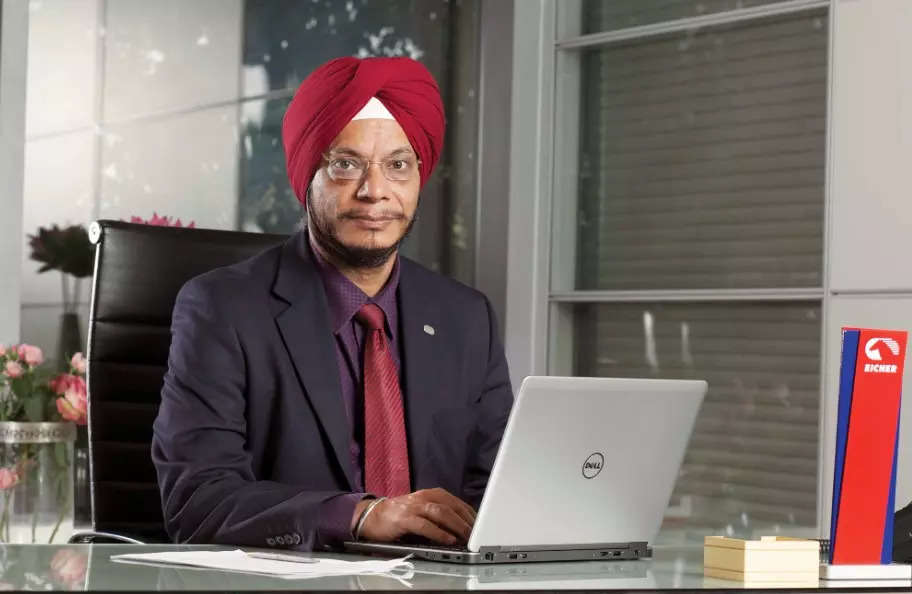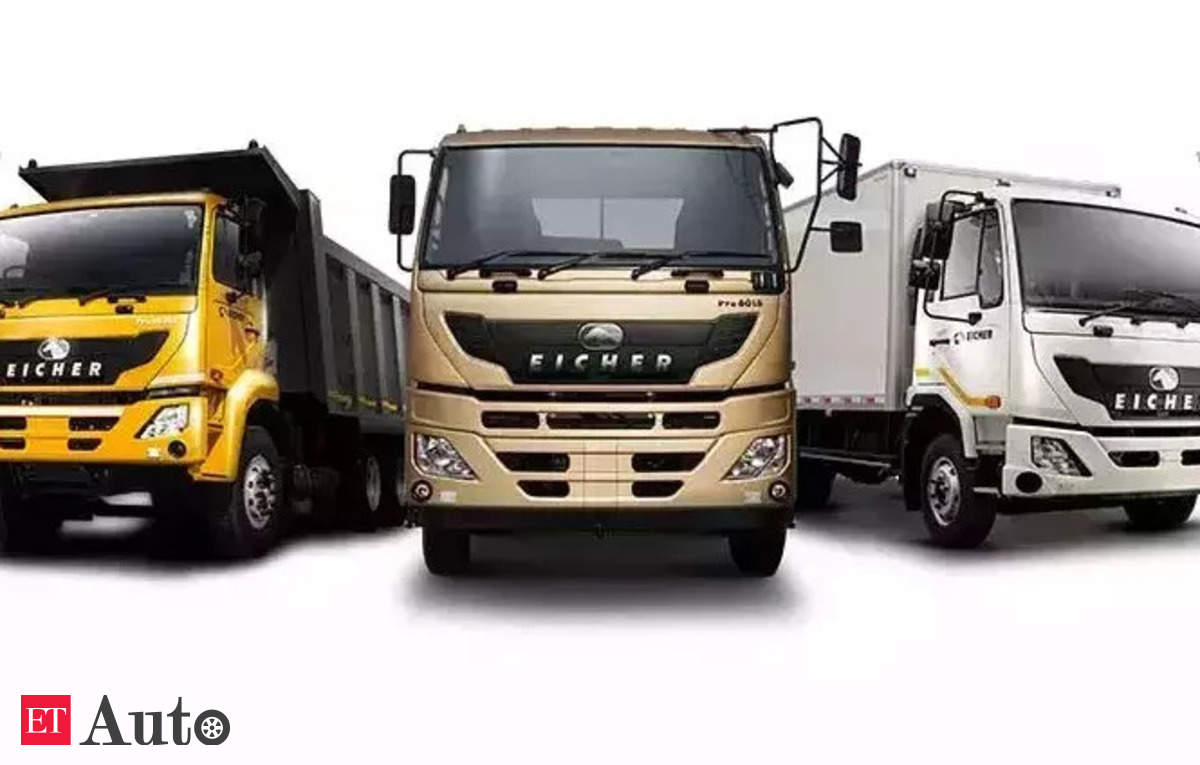New Delhi: Disruption is becoming commonplace in the new-age automotive industry. The work-in-progress scenario of the fuel technology landscape makes it more challenging for industry players as they have to prepare for multiple scenarios. And, that’s driving Volvo Eicher Commercial Vehicles (VECV) to invest “almost INR 1,000 crore” on developing alternative fuel technologies.
VECV is working on new propulsion/fuel technologies such as BEV (Battery Electric Vehicle), Hydrogen ICE (Internal Combustion Engine), fuel cell technology, in addition to alternative fuels, to power its trucks and buses in the future. “We are working on that extensively. Today we have got one range of product line, but we’ll have parallely an EV range. Tomorrow we’ll have Hydrogen ICE, and fourth will be the fuel cell, because we don’t know which technology will succeed,” says R S Sachdeva, COO – Eicher Trucks and Buses, VECV.

Key among them is battery electric vehicle technology, as it’s the EV space where VECV is looking at having a sizeable presence starting next year when it plans to launch some Small Commercial Vehicles in the 2- to 3.5-tonne (GVW) range. Currently, its sole EV is a 5.5 tonner.
The new efforts by VECV, and similar exercises by its industry peers too, are also part of the overall decarbonisation trend, which the Government is also promoting in order to achieve the set target of 2070 for the country to achieve carbon neutrality.
Sachdeva, also an industry veteran, feels that in a disruptive technology environment, things may change significantly with “some disruption”. “So we have to ensure that we work extensively in all of the areas, and there regulatory authorities, test agencies are also contributing a lot,” he says, in a session at a conference on Global Presence of Indian Test Agencies – Way Forward, held at NATRAX, on Saturday.
India’s advantages and challenges
As a country, India is also growing as a destination of choice for manufacturing, and engineering. VECV for example started manufacturing the base Euro VI engine for Volvo in Europe way before the BSVI regulation kicked in in India. The competitive cost in manufacturing, manpower, along with the frugal engineering strength of India explain the setting up of global engineering centres in the country by global OEMs and Tier 1 suppliers.
Sachdeva points out that R&D cost in India can be as low as 1/8th of the same in Europe. And, in testing, the Indian cost can be a fourth of Europe. However, even though the automotive testing infrastructure in India is coming of age, acceptance of vehicles tested and certified in India is “very low” in some parts of the globe. Addressing this could boost exports as it will help Indian industry players reduce the time to market overseas, and also save costs significantly.
Harmonisation of standards will help, and the current era of technology transitions could make a stringer case for it. “This is the apt time that we can have the harmonised standards for the globe,” There our test agencies can work with all the global agencies and we can have standards which are more adept,” says Sachdeva.
The senior industry professional also argued that the challenges can throw opportunities like industry and test agencies join hands to get global accreditation. “Similarly, we can have a tie-up — government of India and test agency and industry can have a joint MOU, and third is that we can have a uniform harmonised vehicle regulation (including standards for new technologies),” says Sachdeva.
Such developments, if they take place, could not only make lives a little easier for industry players but also pave the way for a bigger overseas play for them.





